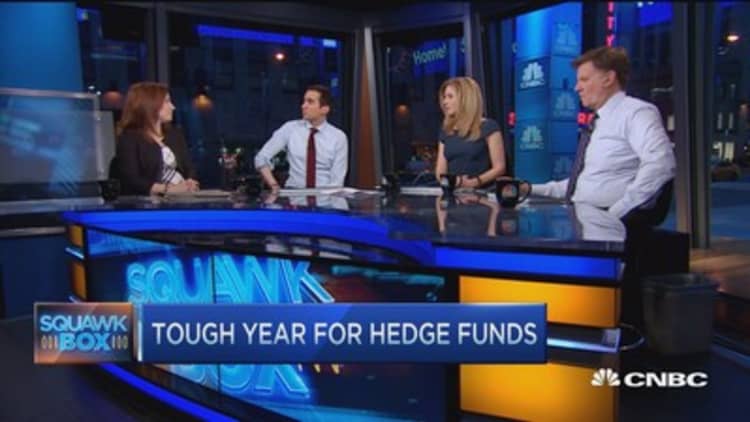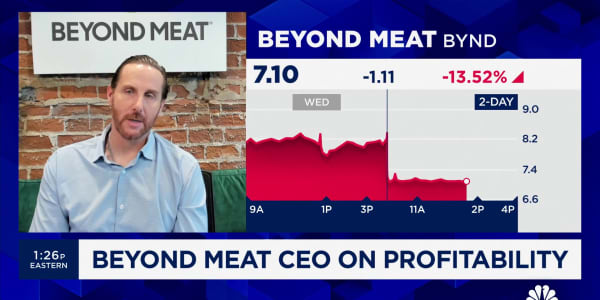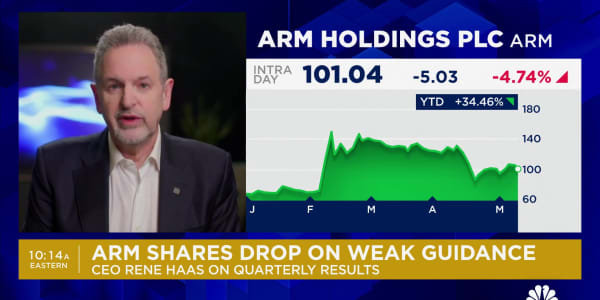
For the average hedge fund, 2015 was nothing to brag about, and even may have proved humiliating.
But a handful of portfolio managers outperformed their peers by a big margin, largely thanks to smart stock picking and shorting in areas like consumer stocks and biotech names.
One of the very best performances — about 47 percent upside apiece, according to investors in both funds — was shared by a pair of hedge funds: Melvin Capital, the roughly $1.5 billion hedge fund run by SAC Capital alumnus Gabriel Plotkin, and Perceptive Life Sciences, the $1.5 billion fund run by veteran biotech investor Joe Edelman.
Read MoreAsset managers went long at a really bad time
Plotkin, a longtime consumer-stocks trader who declined through his lawyer to comment on the performance, appeared to benefit from a series of well-timed long positions, according to filings.
Those positions included Amazon, a top holding that rose 117 percent, Constellation Brands, which was up 46 percent, and Alphabet, whose Class-A shares rose 47 percent. But Plotkin likely also made good money on the short side, with bearish positions that are not reported in regulatory filings.
"If you were a good retail investor, last year on the shorting side was one of the best years I've ever seen," said a fellow consumer-stock investor who has a stake in Melvin.
Plotkin opened Melvin late in 2014 after leaving his longtime perch at SAC, Steve Cohen's hedge fund that transformed into a private money manager called Point72 earlier that same year.
Edelman attributes last year's success to a handful of long bets like Sarepta Therapeutics, which focuses on ribonucleic acid drugs and was up 166 percent, and Neurocrine Biosciences, which makes drugs to treat neurological and endocrine diseases and was up 153 percent. He founded Perceptive in 1999 and focuses on developmental-stage biotech investments, both long and short,
Perceptive, which started small but now has a team of six analysts, focuses on compelling therapies that seem particularly well-timed in the market.
"It's all about probabilities, where's it going if it works, where's it going if" it doesn't work, Edelman said in a telephone interview. "Sometimes we just have more confidence in our long ideas than our short ideas and I would attribute that to the success of the new technologies."
Read MoreTime for investors to place bets on hedge funds?
Looking at the year ahead, he said, the pipeline of new biotech drugs is particularly compelling, he said.
While Melvin and Perceptive were up last year by a huge margin — notably higher than that of the average hedge fund, which according to a preliminary estimate by HFR was down 3.6 percent — other major hedge funds also churned out double-digit returns.
Element Capital, a fixed income-oriented fund, was up 26 percent through the end of November, according to an HSBC report; final performance numbers aren't yet available (and the fund's manager, Jeff Talpins, declined through a spokesman to comment).
Citadel's main equities fund was up 17.2 percent, according to an investor. Renaissance Technologies' Institutional Equities Fund rose 17 percent, according to someone familiar with the matter, and the Maverick Fund rose 16.5 percent, according to someone familiar with that performance. The funds did not comment.






